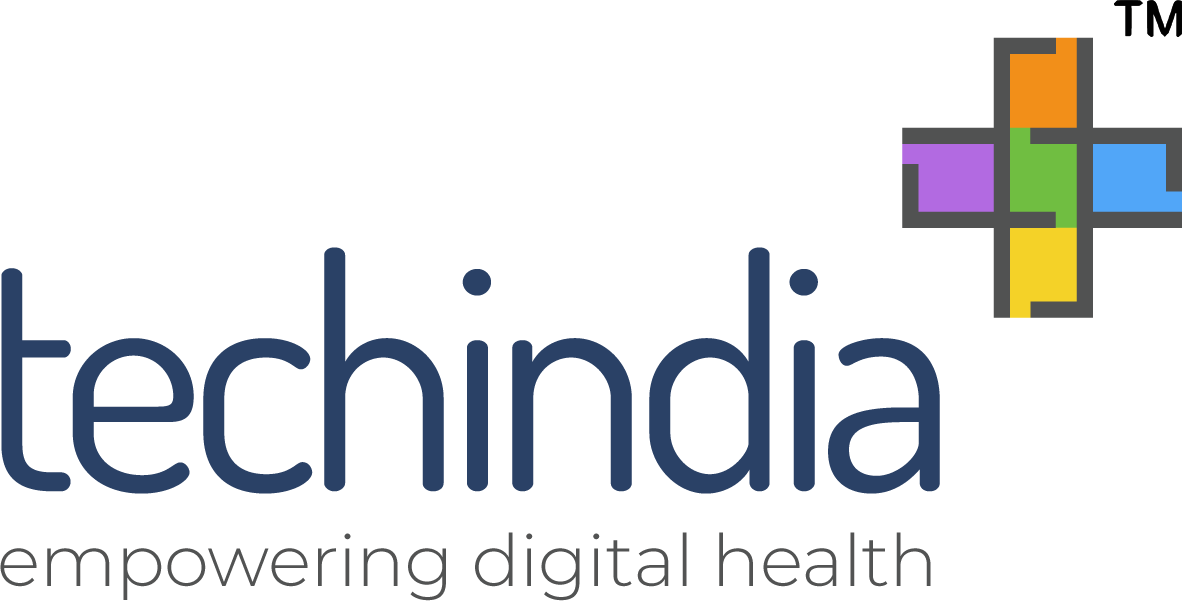- Posted: 19 Sep 2016
- Category: myblog
- Tag: Challenges Faced by Caregivers
Cardiac Patient Care: Challenges Faced by Caregivers
Statistics show that heart disease is the No. 1 cause for death in the world. It is ranked even higher than all types of cancers combined! In fact, a report by the American Heart Association indicated that it is the leading global cause of death, accounting for 17.3 million deaths per year, a number that is expected to grow to more than 23.6 million by 2030. Also, direct and indirect costs accrued due to cardiovascular diseases add up to more than US $320.1 billion, this includes health expenditures and lost productivity.
Heart disease is often as difficult for the caregiver as it is for the patient to deal with. Caregivers need to constantly be on their toes as patients go through a range of emotions and display behavior that more often than not interferes with the healing process. Challenges that caregivers face include:
- Lack of staff: Cardiac patients require a team with highly developed and constantly developing skills to provide immediate care when necessary and eventually help enable the patient towards self-management. The World Health Organization (WHO) estimates a shortage of almost 4.3 million nurses, physicians and other health human resources worldwide in the coming decade. With the world growing older and the numbers of cardiac patients increasing (According to ‘The Atlantic’ Between 2010 and 2030, the population of senior citizens in America alone will increase by 75% and by 2050, an estimated 88.5 million people will be aged 65 and older) hospitals are in for a serious challenge!
- Managing Mental/Behavioral inconsistencies: Cardiac diseases can trigger a whole lot of other concerns—depression being one of the main problems. With a cardiac patient, while physical recovery is definitely an immediate concern, it is very important to monitor mental health too. Mental issues can make the recovery process difficult as patients refuse to cooperate. Sometimes, even identifying the concern can be a task. As the symptoms might not be obvious, till it is too late. According to Barry Jacobs, Psy.D., a clinical psychologist and director of Behavioral Sciences at the Crozer-Keystone Family Medicine Residency Program, upto 33% of heart attack patients end up developing some degree of depression.
However, quicker identification followed by counseling, consistent monitoring, on-time medication coupled with breathing exercises, meditation can be great stress relievers and help decrease behavioral problems.
- Consistent Monitoring: The bigger the cardiac risk, the more important that the caregiver constantly be around the patient. Irregular heart rhythms and accompanying cardiac symptoms often come and go in an ephemeral manner and sometimes they can go completely undetected. Also, to understand the patient’s current vitals, give medication on time and also determine the cause of recurrent fainting, palpitations, unexplained stroke or atrial fibrillation, etc. if any, the caregiver needs to be around 24/7. This can be very challenging as fatigue can set in.
- False alarms: Sometimes, fatigue can lead to a caregiver misinterpreting the patient’s behavior or vital stats, leading to unnecessary diagnostic or therapeutic procedures. On The flipside, a potential threat might get overlooked.
One way to ensure that the caregiver’s job is made easier is to employ technology such as workflow and training management tools, remote/mobile monitoring devices, etc. in all areas of care. It not only reduces the stress on caregivers, but also leads to effective monitoring and analysis of the collected data resulting in efficient diagnosis, care and quicker recovery.
Recent Post

We're helping some of the most respected names in healthcare deliver measurably better outcomes. Let us show you what personally Human & AI integrated solution can do for your organization. While filling the form, please fill in the information more specifically that you are looking for.
Thank you for your query! We will get back to you shortly!!


